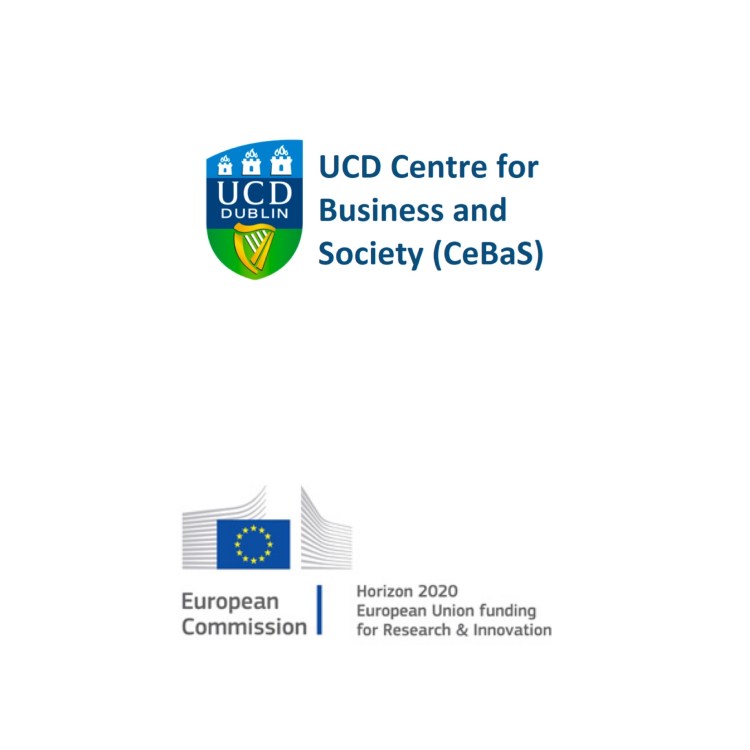
FASHION’S RESPONSIBLE SUPPLY CHAIN HUB
FReSCH is one of the first research projects to investigate economic, environmental and social sustainability to understand the trade-offs, tensions and outcomes between them in the transition to a low-carbon circular fashion industry. By using a novel methodology, simultaneous multi-level action research, with brand name companies and their first, second and third level suppliers, FReSCH takes a top-down and bottom-up approach to uncover the realities of SME suppliers and their workers.
FReSCH aims to provide insight into the economic and environmental demands placed on suppliers and how these impact working conditions and human rights practices. The project also shows how companies can use worker self-determination practices to solve problems in and across supply chains.
The European Commission awarded FReSCH with the prestigious Marie Skłodowska-Curie award. FReSCH is conducted at University College Dublin, UCD Centre for Business and Society (CeBaS).

What do we need to know?
Fashion employs more than 300 million people along its supply chains (Ellen MacArthur Foundation, 2017) and 75% of all these people are women (SWD, 2017).
100 billion clothing items are produced every year (Fashion Revolution, 2017), a number that is doubled since 2000.
Fashion is responsible for about 4 percent of the total solid waste generated in the world (Global Fashion Agenda and Boston Consulting Group, 2017) while it is also responsible for about 5.4 percent of the total global carbon emissions (Fashion Revolution, 2017).
Fashion has long, dispersed and fragmented supply chains across which there is a big power imbalance with no democracy. Yet, geographical distance between buyers and suppliers and imbalanced power relations prevent the transition to sustainable supply chains.
These arrangements and imbalances have led to multiple scandals and issues. In 2013, a Bangladeshi clothing manufacturing facility, the Rana Plaza, collapsed and 1,134 workers died (BBC, 2013); in 2014, more than 1,800 workers fainted in 24 countries due to starvation and long working hours (Clean Clothes Campaign, 2015); child slavery is still used in fashion supply chains (Moulds, 2015; Croom et al., 2018); and evidence has shown that a €25 T-shirt would only be €1.35 more expensive if fashion workers’ wages were doubled (Fashion Revolution, 2017).
What do we need to do?
A robust action plan is needed to take a top-down and bottom-up perspective.
Environmental and social justice need to be ensured for everyone in and across fashion supply chains.
Fashion needs to become an inclusive ecosystem for which all supply chain members, including raw material producers, must be heard, acknowledged, understood and integrated.
A novel methodological approach is needed to improve working conditions, promote respect for labour and human rights, protect the environment, and ensure socially-inclusive development.
Simultaneous action research incorporating brands, first, second, third and forth level suppliers is needed to prevent supply chains risks and ensure just transition.
Development of effective mechanisms that could ensure a just transition and that could mitigate trade-offs between environmental and social sustainability are fundamentally needed in and across fashion supply chains.
Representation, transparency and inclusivity must be ensured to create a new ecosystem and redefine values.
